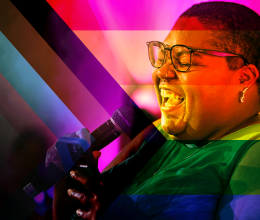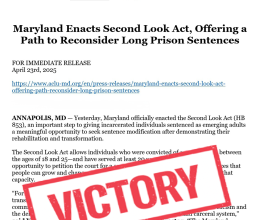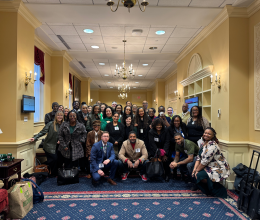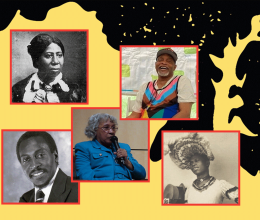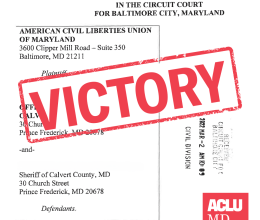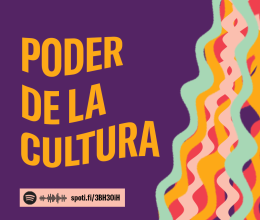
Music for Black folks has always meant much more than a melody – it is a calling – it is hope, joy, pain, and justice. From emotional spirituals to chart-topping ballads, Black artists, lyricists, composers, and producers have consistently transcended genres, decimating every race barrier obstructing their path to success. Black music paints a multi-centuries long hero’s journey from inhumanity to freedom, back and forth, teetering between struggle and celebration. Our history in this country is about as American as it comes: grim, complicated, hopeful, and still being written.
Black members of our staff weighed in on their favorite tunes which inevitably took each person on a mini walk down memory lane – a soundtrack to their own personal history and a reflection of a bright future. Here’s our love letter to our ancestors, the work, and ultimately ourselves.
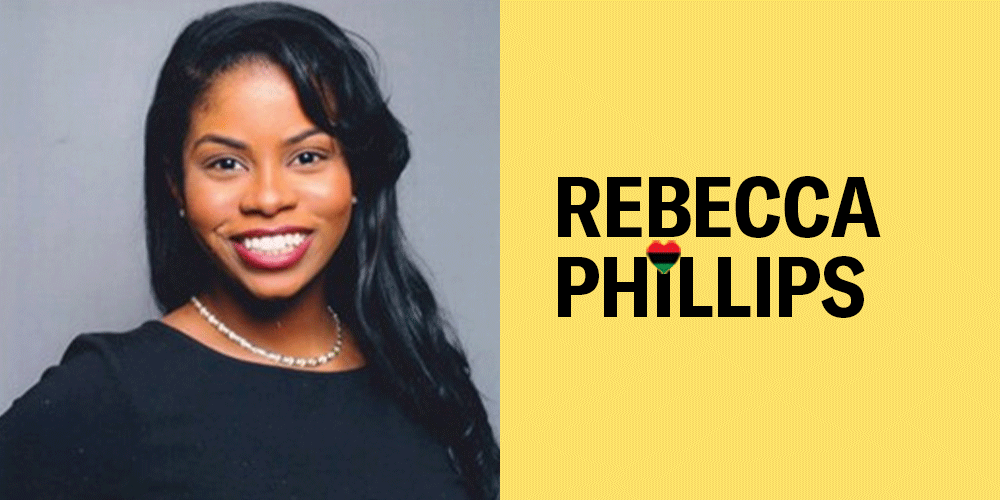
Rebecca Phillips
- Are You That Somebody by Aaliyah;
- As by Stevie Wonder;
- Int'l Players Anthem (I Choose You) by UGK featuring OutKast;
- Fantasy by Earth, Wind, & Fire;
- Feeling Good by Nina Simone; and
- Human Nature by Michael Jackson.
Music has always played a vital role in shaping culture and representing the experiences of different communities. When it comes to Black music, there have been numerous producers, vocalists, and artists who have left a lasting mark on the industry. Of the hundreds of thousands of songs in the world, and the over 7,000 on my computer, here are six songs that I firmly believe made the world a better place by simply existing.
In addition to these individual artists, Black music has also shaped our cultural fabric beyond tune and lyrics. Producers like Quincy Jones, Kenneth “Babyface” Edmonds, and Norman Whitfield have played a significant role in shaping Black music. Quincy Jones, in particular, has produced for artists like Ray Charles, Frank Sinatra, and Lena Horne, as well as worked on culture-defining works like The Wiz and Roots. His collaboration with Michael Jackson on albums like Off The Wall, Thriller, and Bad set a new standard for pop music. Movie soundtracks, such as those from Men in Black, Black Panther, Waiting to Exhale, and The Bodyguard, have not only enhanced the cinematic experience but have also provided a platform for Black artists to showcase their talent. Black sitcom theme songs, such as those from The Fresh Prince of Bel Air, Family Matters, One on One, The Proud Family, and Sister Sister, have become iconic, representing the voices and experiences of Black communities.

Yanet Amanuel
- Keep Your Head Up by 2pac;
- Police State by Dead Prez;
- Forgive Them Father by Lauryn Hill; and
- Three Little Birds by Bob Marley.
From the opening lines of 2pac’s iconic “Keep Ya Head Up”, “...the blacker the berry, the sweeter the juice…the darker the flesh then the deeper the roots” a precedent was set – and that was just lines one and two. If you listen to lines seven and eight you’ll find “…never let up, forgive but don’t forget, girl, keep your head up” which was an inspirational anthem growing up and especially as I began to advocate for the rights of others as a college student and grew into the passionate professional I am today in the face of adversity.
Of course, there are very few musicians that can capture the Black experience quite like Dead Prez did with "Police State". A song that came out in 2000 but mirrors all the self-serving organized bureaucracy that still exists to target Black and Brown people and stagnate Black self-determination. Rounding up my selection, there are songs that you have to put into rotation to prevent burnout, battle fatigue and provide light at the end of these tunnels. "Forgive Them Father" from Lauryn Hill’s acclaimed The Miseducation of Lauryn Hill is one such masterpiece, as is Bob Marley’s "Three Little Birds". Each teaching lessons that you are a part of a higher plan and serving as reminders that hard times may come, but hard times don’t last.

Veronica Dunlap
- Isn’t She Lovely by Stevie Wonder; and
- Strength, Courage & Wisdom by India Arie.
As a young girl, my father sang “Isn’t She Lovely” to me almost every day. It made me believe that I was uniquely loved and chosen to be his daughter. It gave me confidence and when I did something great, he would say, “Look at my daughter - she can do anything.” And I believed him. I still do. As I grew older, “Strength, Courage & Wisdom,” by India Arie was a mantra song for me. It helped to ground me and reaffirm the greatness that my father saw in me as a little girl. It was a reminder that I do not have to look outside of myself for love, happiness, or courage because… “it's been inside of me all along.”
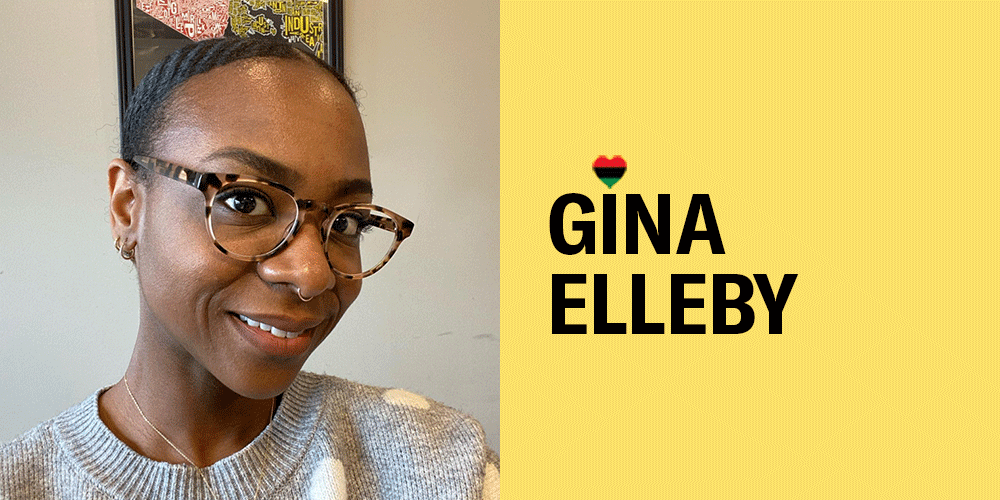
Gina Elleby
- Racks by H.E.R.;
- The King’s Affirmation by Iniko; and
- All Along the Watchtower by Jimi Hendrix.
When I hear these sounds – the vocal ability and texture, the arrangements, the rhythms – I’m reminded of the immeasurable value of Blackness, and the failure of systems to sever our connections to each other and the world. These sounds are disruption: no matter how many times I listen, I’m pulled out of my immediate reality into a universal space of healing, membership, and emotional balance. These songs and Black music document our creators, the richness of our community, and small pieces of my own aspirations in humanity’s story.
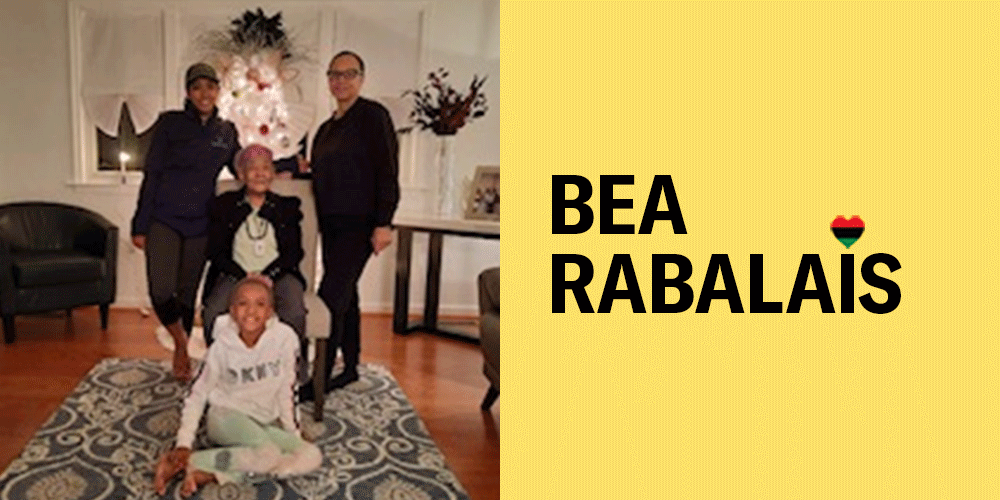
Bea Rabalais
- To Be Young, Gifted and Black by Nina Simone;
- What Good Is a Song by Quincy Jones; and
- In the Stone by Earth, Wind and Fire.
These songs, for me, embody pride, love, and humanity. “To Be Young, Gifted and Black” as a young girl messaged to me pride, self-love and encouraged me to embrace my Blackness and who I am proudly. The song still encourages my spirit. I wish that it could be played in every classroom where it could impact the mindsets of youth as it positively impacted mine.
“What Good Is a Song?” was one of my father’s favorites and, to me, embodies everything a song should be as well as what a song should do. The song always does my heart well and brings loving memories of my time with him.
Thirdly, truth and love are what is written, “In the Stone.”
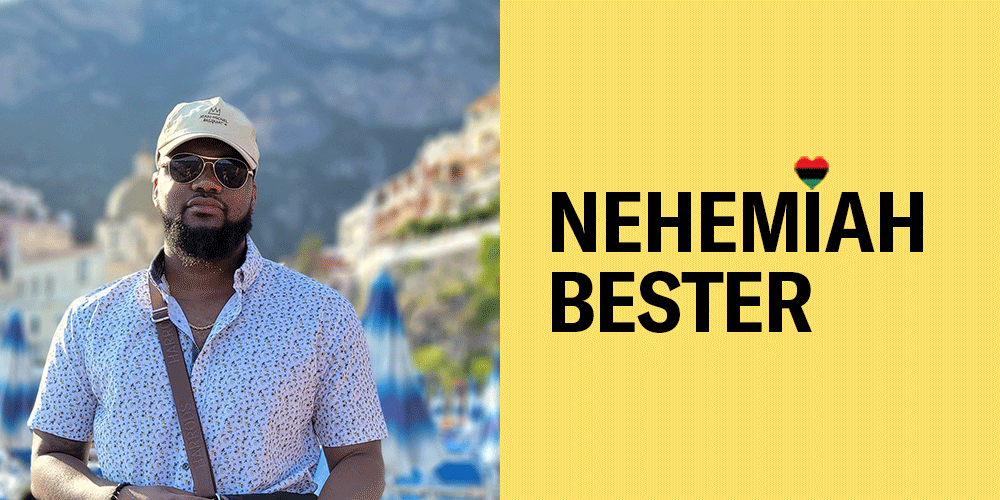
Nehemiah Bester
- King Kunta by Kendrick Lamar;
- Jerusalema by Master KG;
- Heated by Beyoncé;
- On The Radio by Donna Summer; and
- Strawberry Letter 23 by The Brothers Johnson.
“King Kunta” was my anthem in college. Kendrick had just dropped his junior year album while I was finishing my freshman year. It was a time for much-needed protest at my undergraduate PWI. Our Black population was dwindling due to a lack of a Black curriculum, overt racism, and microaggressions. This song helped me overcome many of those battles like Alex Haley’s signature character who was immortalized as a warrior. “Jersualema” came years after, and I just love the upbeat rhythms and uplifting vocals. To me, it speaks in vibrations and gives me a reason to dance while I escape the world for a bit.
“Heated” by Beyoncé and “On The Radio” by Donna Summer are two of the most enjoyable songs I’ve ever heard and it would be a disservice not to mention their impact on my personal happiness.
Finally, Hello my love opens up “Strawberry Letter 23”. There is a lot of great music about love, life, and elation – to me, this is a letter to that. And what’s Black History if not a complicated, enraging, beautiful, and hopeful love story?
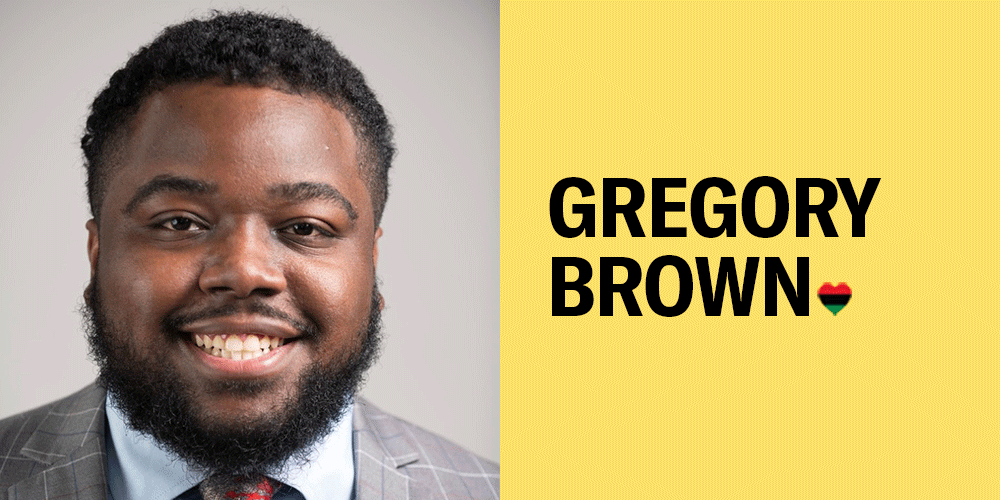
Gregory Brown
- Optimistic by Sounds of Blackness; and
- HiiiPower by Kendrick Lamar.
To me, “Optimistic” is the perfect mixture of what it means to be Black in America because of how representative the song feels of all Black people in America. The lyrics are positive, upbeat, and “don’t got no cussin’ in it,” satisfying the more conservative, godly bunch among us. Also, the beat’s hip-hop undertones make the song feel cool and relatable to the younger crowd. There’s not a single Black adult I know, young or old, who cannot at least recognize the chorus of this song. Finally, it gives a simple edict that I feel everyone who identifies with the Black struggle in America can relate to: “…as long as you keep your head to the sky, you can win!"
“HiiPower” is a crash course in AP African-American History (if the College Board weren’t cowards). Kendrick mixes the current struggles of Black people with the history of how white supremacy has plagued the Black struggle for freedom and equality without wading too far into hotep talking points, even refuting a few in the song. He name-drops several martyrs of the Black freedom struggle, embodying their strength in the delivery of his prose.
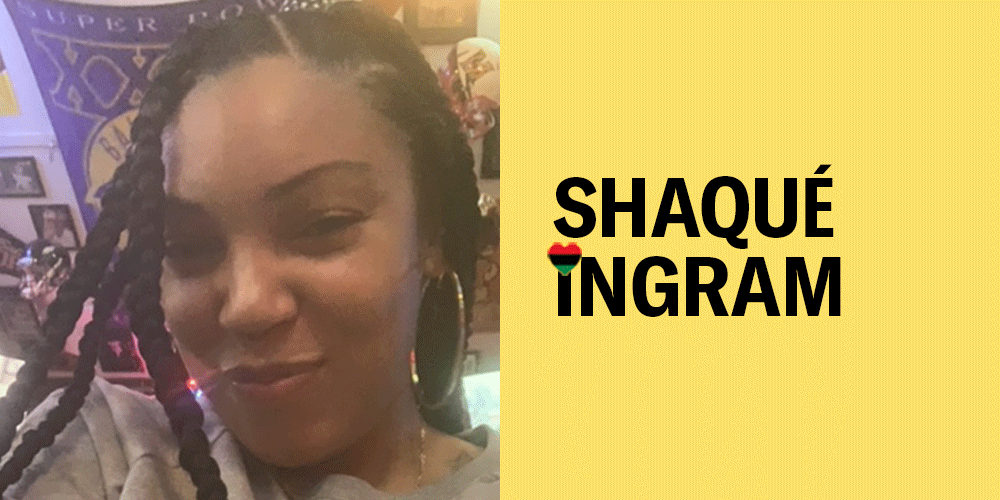
Shaqué Ingram
- On & On by Erykah Badu;
- Alright by Kendrick Lamar; and
- Redemption Song by Bob Marley.
Erykah Badu said, "I go on and on and on and on, my cipher keeps moving like a rolling stone." When that beat drops in “Alright!” It’s infectious, captivating, and makes me feel empowered overall. Like I can accomplish anything, be anything and do anything through faith. "We gon’ be AlRIGHT!, DO HEAR ME, DO YOU FEEL ME, HUH?! WE GON BE ALRIGHT!?." But are we though? Really alright? Still fighting, still grieving, and wanting more for our people. This song embodies our culture and what we stand for. As a newly single parent, this is my everyday anthem as I face multiple challenges a day not just from the color of my skin and being a woman but also being defined as a woman. Who am I? Who do I want to be? Everything I do, every waking moment is for my daughter and leading an example because she’s looking up to me. We gon’ be AlRIGHT! My Jedi princess. Mommy got you.
“Redemption Song” was the first song I ever learned how to play on the guitar and my mom still cries about it. Bob Marley was a prophet, and his music has healing properties. He reminds us to love and forgive the ones that hurt us, but he also teaches us about history. Even though they try to rule us, we have control of our own minds, and our actions don’t have to result in violence.
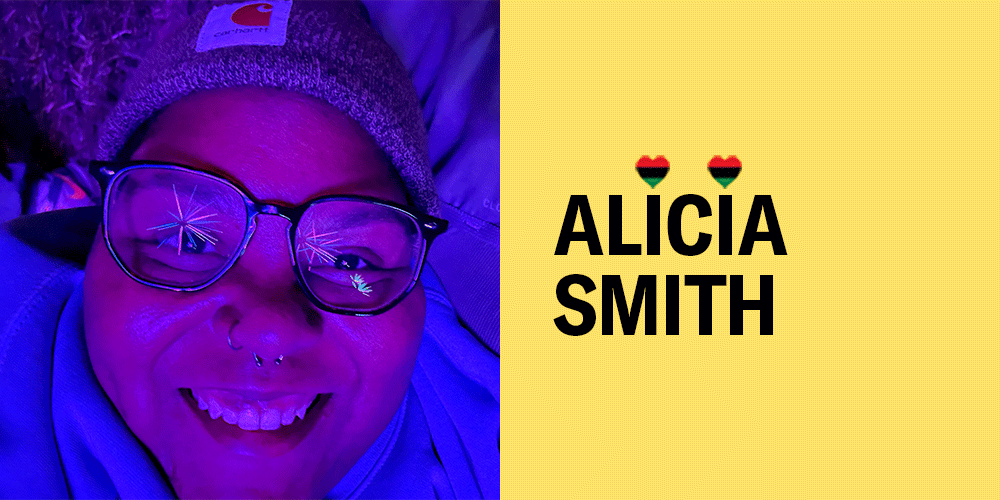
Alicia Smith
- Firefly by Childish Gambino;
- I2I by Tevin Campbell;
- Hold On by Alabama Shakes;
- I Wanna Dance With Somebody by Whitney Houston; and
- Just My Imagination by The Temptations.
In classic me fashion, without even realizing it, most of my picks are as queer as they come, so that kind of speaks for itself. Choosing just five songs was actually way harder than I originally projected and I actually had a list of about 15 tunes I begrudgingly narrowed down. Looking at these songs I can see how they span my three decades of existence on this earth: The Temptations sound like Saturday morning cleaning, Tevin Campbell is the epitome of 90’s nostalgia, Childish Gambino is the musical embodiment of my college years, Ms. Whitney is essential to a successful late-night gay bar soundtrack, and Brittany Howard of the Alabama Shakes has been calling me home to myself over the past couple months. Black music is uncatchable – just like me, it cannot be defined or contained – we are everything.

Dara Johnson
- Fight Anthem by CCB;
- In a Sentimental Mood by Duke Ellington & John Coltrane;
- Before I Let Go by Maze & Frankie Beverly;
- Umi Says by Yasiin Bey (aka Mos Def); and
- Other Side of the Game by Erykah Badu.
These songs are the first that come to mind when I think about the sounds, lyrics, and rhythms that pervade and help define my experience as a Black American. Much of this experience has been shaped by my hometown, Washington, DC, where gogo and jazz music have provided a release for personal expression, an entry point to collective Black culture, and an anchor to the history and traditions of our people. No matter how many times I hear the gogo song “Fight Anthem” or the jazz song “In a Sentimental Mood,” they never fail to invoke a sense of passion and warmth so deep it feels ancestral.
The shared roots that grow through music have also been visible with certain songs that act as rallying calls whenever played in a room full of Black people -- “Before I Let Go” is definitely one of those. The last two songs, “Umi Says” and “Other Side of the Game,” were some of my first encounters with feeling my personal tensions mirrored within a wider context; namely, the pursuit of love, peace, and purpose amidst our complex reality.
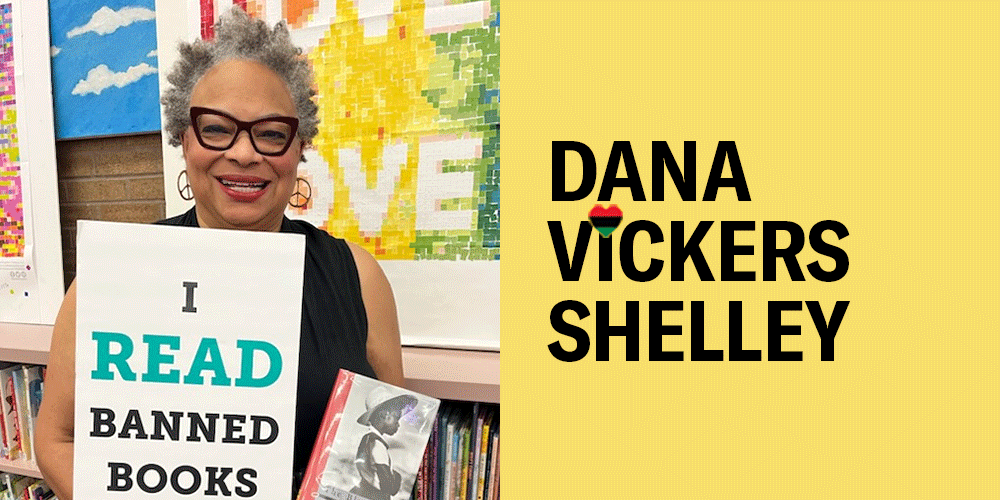
Dana Vickers Shelley
- Lift Every Voice and Sing by James Weldon Johnson & John Rosamond Johnson;
- RESPECT by Aretha Franklin; and
- Signed, Sealed, Delivered by Stevie Wonder.
I gotta start with “Lift Every Voice and Sing” written by NAACP officers in the early 20th Century. It was originally called “The Negro National Anthem,” sung in churches, HBCU choirs, and Black organization events ever since. To me it would be a much more fitting National Anthem than the one written by Francis, as it tells a truer, more full story of America’s founding, its citizens’ struggles and triumphs over the centuries.
What else is there to say about The Queen of Soul, Aretha Franklin’s signature piece “RESPECT” about what Black women, and other women, deserve, have earned, and how we should be regarded, loved, and RESPECTED.
“Signed, Sealed, Delivered” by Stevie Wonder, another legend from my Motown hometown. This song is an effusive piece about the power of love. This song took Bob and I from one of our early dates, our wedding day in 2003, and through the adventures of marriage. (AND YOU CAN DANCE TO IT!)
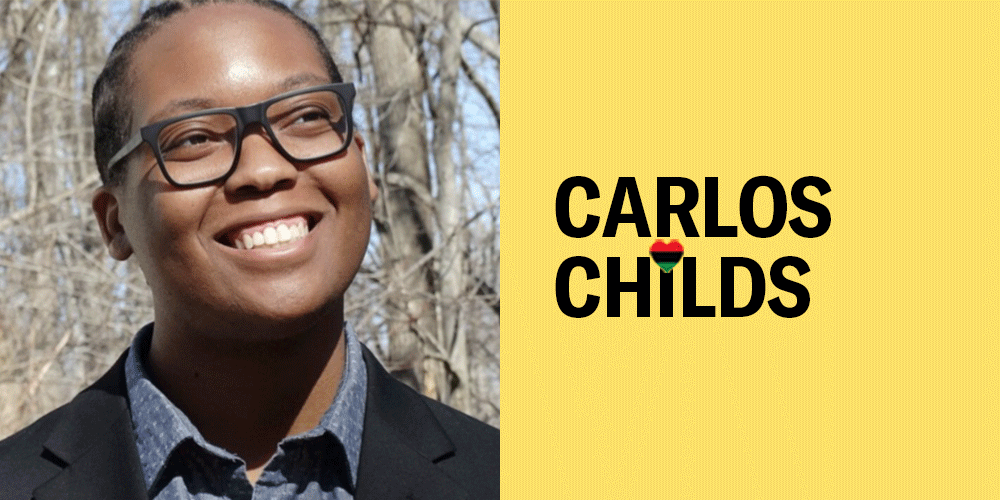
Carlos Childs
- Love Of My Life (An Ode To Hip Hop) by Erykah Badu ft. Common; and
- Foreword by Tyler the Creator.
“Love Of My Life,” exemplifies Black Love. As Erykah Badu sings about her relationship, she describes how it grew from friendship to true love. In an era where media shows dysfunction within Black relationships, the song is refreshing and a constant reminder of how we need more spaces in the media that shows Black Love in a positive light. On top of the references to Black Love, in the music video, Erykah Badu shows the “(An Ode To Hip Hop)” part of the song with references to the different eras of Hip-Hop. These references are a reminder of how influential Black people have been in music, fashion, and culture.
“Foreword” doesn’t just have a great beat that captures you. It also has a powerful message that leads you to think. Throughout the song, Tyler asks multiple questions, and one of them has caused me to think about what it is going to take for our society and government to treat Black people as equals. In the song he asks, “how many riots can there be until Black Lives Matter.” This is the question that has sparked multiple conversations with friends and family about what needs to happen in order for our people to finally be treated fairly.
